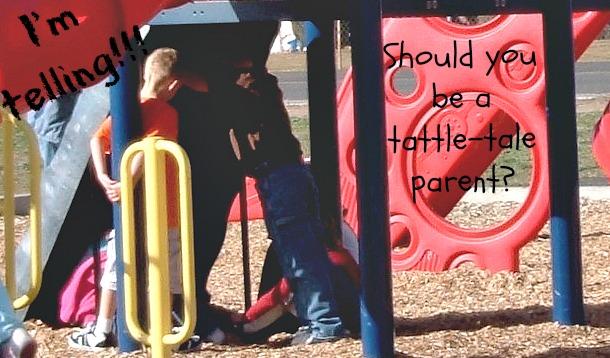
Obviously school is a whole lot more than just academics and studious endeavours—it is also an ongoing major sociological experiment. Each school day offers a laboratory in which to study group interactions, as our kids navigate the ever-shifting playground dynamics. Successful students need not only to understand endless math concepts, science terms, and the conjugation of French verbs, but also bullies, first crushes, and the conjugation of unfamiliar slang.
Hopefully, as your little ones regal you with tales of their time in the school trenches, they will let you in on some of the hallway and playground interactions that make up their day. And, sometimes, not all the stories will be happy ones. So when do you intervene? What if your child tells you kids are using dirty language in the schoolyard or telling racist jokes? What if you learn another student is being excluded from group activities? What if kids are making fun of one of the teachers behind their back? As a parent, do you get involved? Do you tell the teacher?
Sure, we want our kids to learn to handle problems and to stand up for themselves. Yep, there are definitely occasions when we as parents need to step back and let kids make their own mistakes. Children need to spill a fair amount of juice before they master the art of filling their glass. But on the other hand, our kids also need us to be their voice when they can’t speak for themselves, and to protect them from some of the world’s difficulties.
So, to help you decide when to tattle to the teacher regarding your child’s playground problems, I’ll give you the same rules that I give my primary students:
I recently saw a Facebook post by a parent whose child had overheard an offensive, inappropriate term being bandied about by the “cool kids.” The parent wondered if she should tell the teacher. Not by rule one or two—no one was physically hurt and no one, at least no one the parent knew of, was in real or metaphorical tears—but, I’d say a resounding yes to #3. If it’s on your mind enough to reach out to your social media family, then yes, reach out to your child’s school, as well.
Of course, you can also share with the teacher any hesitations you had in getting involved. In my opinion, the teacher is a very small part of the team helping to raise your child, so unless it goes against the educator’s professional judgement, I think parents and teachers can make decisions as a team where your child is concerned. A common maxim in my classroom is “You (the parent) are the expert on your child.” Teachers want and appreciate your input on social, behavioural, and academic concerns facing your kids.
So I say, feel free to be a tattletale parent. The more experts on a concerning situation, the better!
As always, don’t forget to enjoy the journey!
What if your child isn't letting you in on the playground confidential or is lying about things? See Andrea Nair's "What To Do When A Child Lies" and "Looking to Connect With Your Teen? Do These Things Today!"